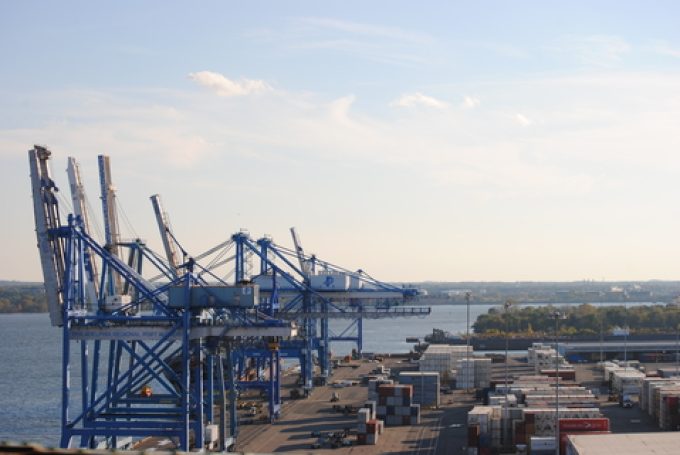
Shippers Alerted to Potential Surcharges and Delays Amid Imminent ILA Strike
6 months ago
Shippers Alerted to Potential Surcharges and Delays Amid Imminent ILA Strike

Carriers are ramping up preparations for an increasingly likely strike at U.S. ports on the East and Gulf Coasts. With no significant progress in negotiations between the International Longshoremen’s Association (ILA) and the U.S. Maritime Alliance, carriers are implementing surcharges to mitigate potential disruptions, anticipating continued demand during peak season and warning of existing congestion at ports globally.
Both CMA CGM and Hapag-Lloyd have joined MSC Mediterranean Shipping Company in notifying customers about upcoming surcharges for both imports and exports from affected ports. The Federal Maritime Commission mandates a 30-day notice for any new fees.
MSC has labeled its surcharge the "Emergency Operations Surcharge," set to take effect on October 1—the expected start date of the coastwide strike. This fee will apply to containers arriving from Europe, costing $1,000 for standard 20-foot containers and $1,500 for 40-foot containers. CMA CGM, in a recent Customer Advisory, announced surcharges ranging from $800 to $1,500 for exports based on container specifications, and a flat fee of $1,500 per TEU for all imports destined for U.S. East and Gulf Coast ports, effective October 11.
Hapag-Lloyd has introduced a "Work Disruption Surcharge (WDS)," set to go into effect on October 18, which will amount to $1,000 per TEU on all imports. They also informed export customers that bookings will continue as long as rail providers and terminals are operational. For importers, Hapag-Lloyd urges expediting documentation and customs clearance to facilitate the swift retrieval of cargo before any potential work stoppages.
These alerts come as Maersk has indicated in a recent market update that "considerable uncertainty" surrounds Q4 volumes, despite previously forecasting demand growth of 4 to 6 percent. Maersk reported a 6.6 percent year-over-year increase in global container volumes for Q2 2024, driven by strong imports to North America and Latin America and robust exports from East Asia.
Maersk also cautioned about ongoing congestion affecting services, particularly in the Mediterranean and East Asia. The carriers collectively emphasize that the supply chain remains fragile, with a U.S. strike potentially causing substantial disruptions. Maersk noted, "Even a brief disruption could take weeks to resolve, leading to significant backlogs and delays."
Analytics firm Sea-Intelligence estimates that U.S. ports could face a 13 percent excess capacity for October, beyond the projected 2.3 million TEUs. They warn that a one-week strike in early October could delay normal operations until mid-November, while a two-week strike might push recovery into 2025.
The carriers have indicated that their surcharges will remain "indefinite" in duration.
Source: Maritime Executive